Food is more than just fuel—it’s one of the most powerful ways to support your health and well-being. While all food gives us energy, some go the extra mile by actively helping our bodies fight illness, reduce inflammation, and stay strong. These nutrient-packed ingredients, often called superfoods, are rich in vitamins, minerals, and antioxidants that keep both body and mind functioning at their best.
You don’t need a complicated diet to benefit from them. By simply adding a few of these powerhouse foods to your daily meals—like berries, leafy greens, or a handful of nuts—you can boost your energy, improve digestion, and protect your long-term health.
Here’s a list of the healthiest foods you should be eating every day—easy to enjoy and full of lasting benefits.
1. Blueberries – Antioxidant Powerhouse
These tiny blue gems pack a mighty punch against aging and disease. Loaded with antioxidants called anthocyanins, blueberries help fight the damage that happens inside your body every day. They’re like little bodyguards for your cells!
Research shows eating blueberries regularly can improve memory and brain function. A handful added to your morning cereal or yogurt might help you think more clearly throughout the day.
Fresh or frozen, blueberries offer the same health benefits. At just 80 calories per cup, they’re a sweet treat that won’t weigh you down but will power you up with fiber, vitamin C, and manganese.
2. Fatty Fish – Omega-3 Boosters
Salmon, mackerel, and sardines aren’t just delicious—they’re brain food! These fish contain omega-3 fatty acids that help your brain work better and keep your heart healthy. Your body can’t make these special fats on its own, so eating them is super important.
People who eat fatty fish twice a week have fewer heart problems. The American Heart Association recommends this habit because the healthy fats in fish fight inflammation and help control blood pressure.
Beyond heart and brain health, omega-3s also give you glowing skin and may help ease joint pain. Even one serving a week can make a difference in how you feel.
3. Leafy Greens – Nutrient-Dense Superstars
Spinach, kale, and collard greens might not be everyone’s favorite foods, but they should be! These green powerhouses contain more nutrients per calorie than almost any other food on earth. Just one cup provides a full day’s worth of vitamins A and K.
The folate in leafy greens helps make new cells in your body. This makes them especially important for growing children and pregnant women. Their high fiber content also keeps your digestive system running smoothly.
Adding leafy greens to your diet is easier than you might think. Blend them into smoothies, tuck them into sandwiches, or sauté them with garlic for a tasty side dish that boosts your health.
4. Greek Yogurt – Probiotic Power
Unlike regular yogurt, Greek yogurt is strained to remove extra liquid, creating a creamier texture and packing in more protein. A single cup contains as much protein as 3 ounces of lean meat! This makes it perfect for keeping hunger away between meals.
The live cultures (good bacteria) in Greek yogurt help your gut stay healthy. A happy gut means better digestion, stronger immunity, and even improved mood. Many scientists now believe our gut health affects our brain health too.
Try using Greek yogurt instead of sour cream or mayonnaise in recipes. It works great as a base for dips, smoothies, and dressings while cutting calories and adding nutrition to everyday foods.
5. Avocados – The Ultimate Healthy Fat
Once feared for their fat content, avocados are now celebrated as nutrition superstars. They contain monounsaturated fat—the heart-healthy kind that actually helps lower bad cholesterol. This creamy fruit (yes, it’s technically a fruit!) makes you feel full longer while nourishing your body.
Beyond healthy fats, avocados provide nearly 20 different vitamins and minerals. They’re especially rich in potassium, which helps control blood pressure and prevent muscle cramps. One avocado contains more potassium than a banana!
The natural plant compounds in avocados protect your eyes and brain as you age. Spreading avocado on toast, adding slices to salads, or blending it into smoothies are delicious ways to enjoy these benefits daily.
6. Nuts & Seeds – Small But Mighty
Almonds, walnuts, flaxseeds, and chia seeds may be tiny, but they deliver impressive health benefits. A small handful provides protein, fiber, and essential minerals that keep your energy steady throughout the day. They’re nature’s perfect portable snack!
Walnuts specifically contain omega-3 fatty acids similar to those found in fish, making them excellent for brain health. Flaxseeds and chia seeds are plant powerhouses that support everything from heart health to digestion when added to foods.
Studies show people who eat nuts regularly tend to live longer and have fewer heart problems. Just remember portion control—about a quarter cup daily provides benefits without too many calories. Sprinkle them on salads, yogurt, or oatmeal for a satisfying crunch.
7. Berries – Nature’s Candy
Strawberries, raspberries, and blackberries aren’t just delicious—they’re medicine from nature! These colorful fruits contain special plant compounds that fight inflammation and protect your cells from damage. The darker the berry, the more protective compounds it typically contains.
Fresh berries deliver a big dose of vitamin C, which helps your immune system stay strong. Their natural sweetness comes with fiber that prevents blood sugar spikes, unlike candy or processed sweets.
Research suggests eating berries regularly keeps your brain sharper as you age and may help prevent certain diseases. Frozen berries are just as healthy as fresh and available year-round. Add them to breakfast, desserts, or enjoy them alone for a guilt-free sweet treat.
8. Beans & Legumes – Fiber-Rich Fuel
Black beans, chickpeas, lentils—these humble foods are nutritional treasures! They provide plant protein, complex carbs, and fiber all in one package, making them perfect for sustained energy. A cup of beans costs pennies but delivers hours of fuel for your body.
The soluble fiber in beans helps lower cholesterol and keeps blood sugar steady. This makes them especially valuable for people with diabetes or heart concerns. Their high mineral content, including iron, magnesium, and potassium, supports everything from blood health to muscle function.
Adding beans to your meals just three times weekly can improve your health noticeably. Try them in soups, salads, or mashed with spices for tasty dips that nourish your body while satisfying hunger.
9. Cruciferous Vegetables – Detox Support
Broccoli, cauliflower, Brussels sprouts, and cabbage might make your kitchen smell funny, but they’re doing amazing things for your body! These veggies contain special compounds that help your liver remove toxins from your bloodstream. Think of them as your body’s cleaning crew.
Scientists have found that people who eat cruciferous vegetables regularly have lower rates of certain cancers. The sulfur compounds that give these veggies their strong smell are the same ones that help fight disease at the cellular level.
Roasting cruciferous vegetables brings out their natural sweetness and makes them more appealing. Try them with a little olive oil, salt, and garlic for a side dish that protects your health with every bite.
10. Garlic – Natural Medicine
Throughout history, garlic has been used as both food and medicine. This pungent bulb contains allicin, a compound with powerful antibacterial and antiviral properties. Adding garlic to your meals might help you catch fewer colds and recover faster when you do get sick.
Regular garlic consumption has been linked to lower blood pressure and improved cholesterol levels. Some studies suggest it may even help prevent certain types of cancer. The benefits are strongest when garlic is crushed or chopped and left to sit for 10 minutes before cooking.
Beyond its health benefits, garlic adds amazing flavor to almost any savory dish. Roasting whole garlic bulbs creates a sweet, nutty spread perfect for bread or vegetables—proving medicine can be delicious!
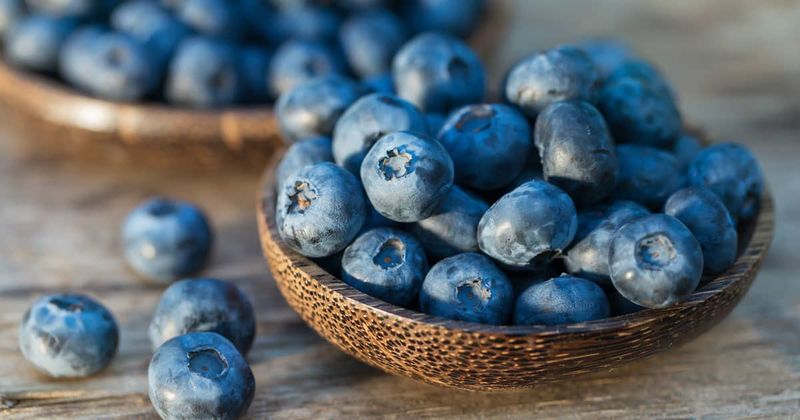
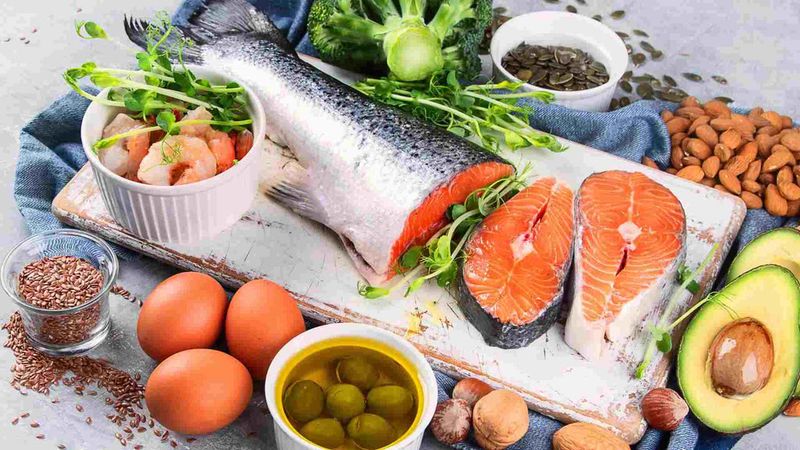
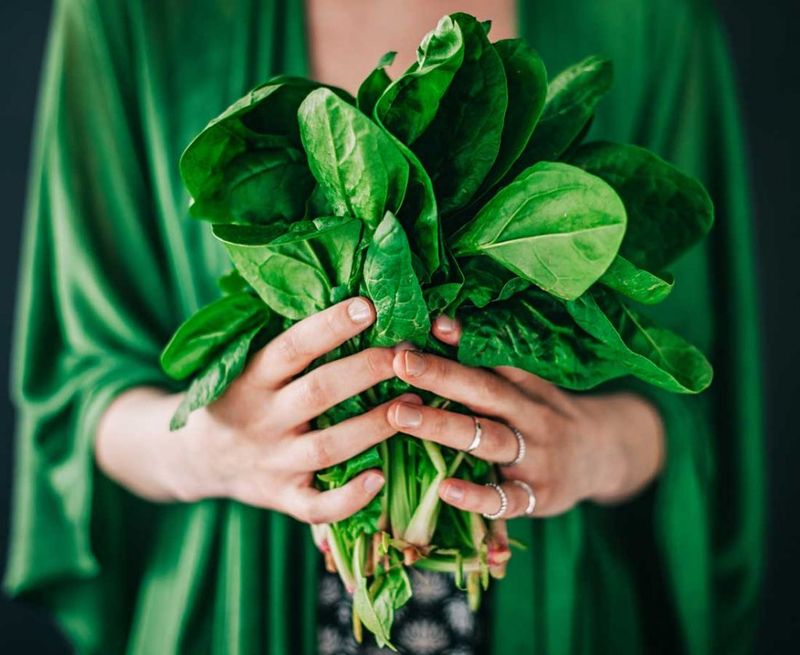
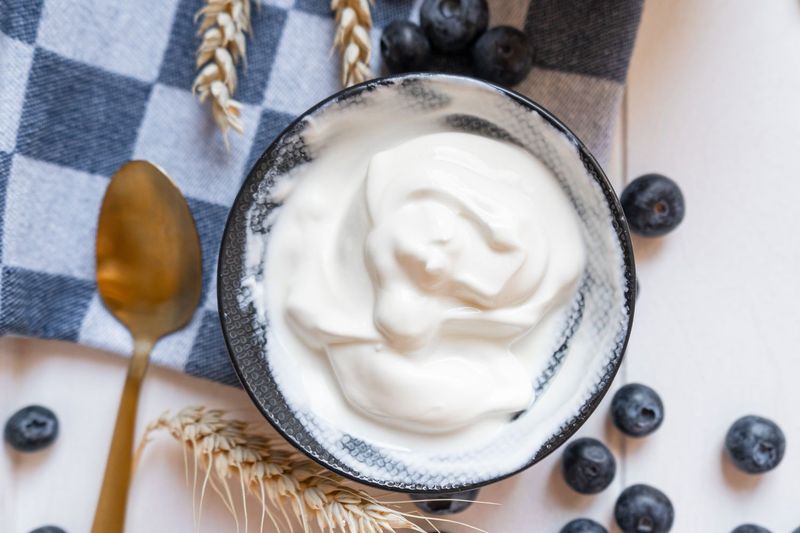
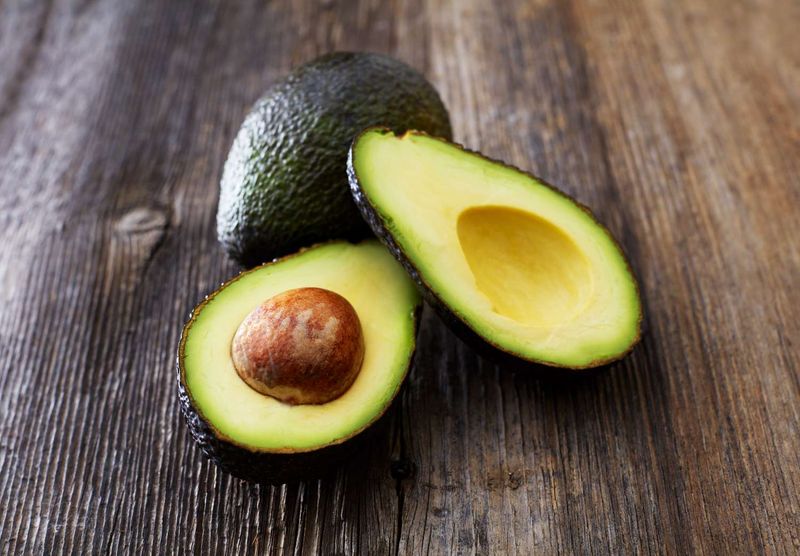
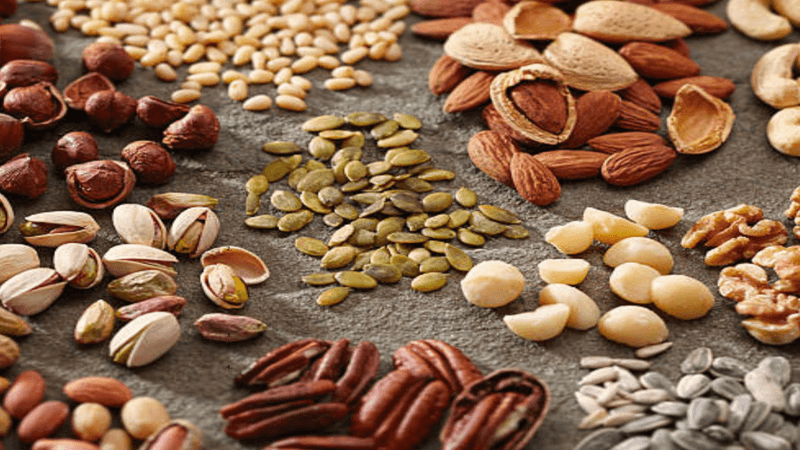

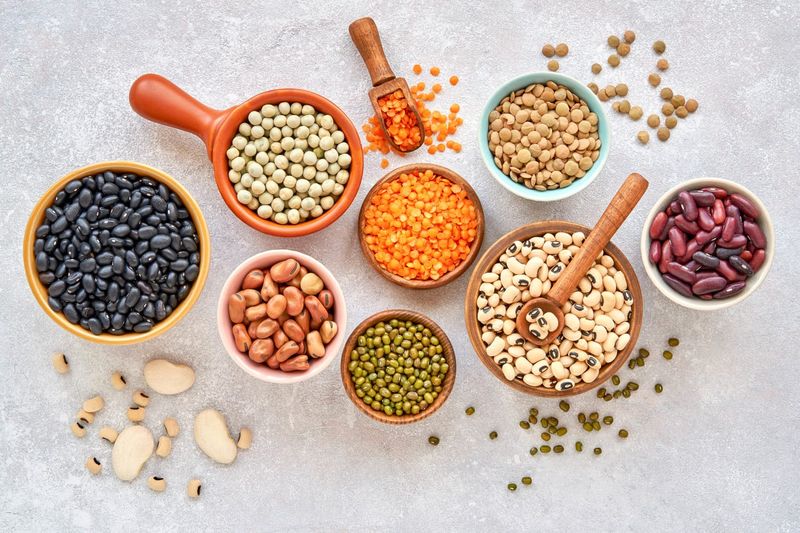


Leave a comment